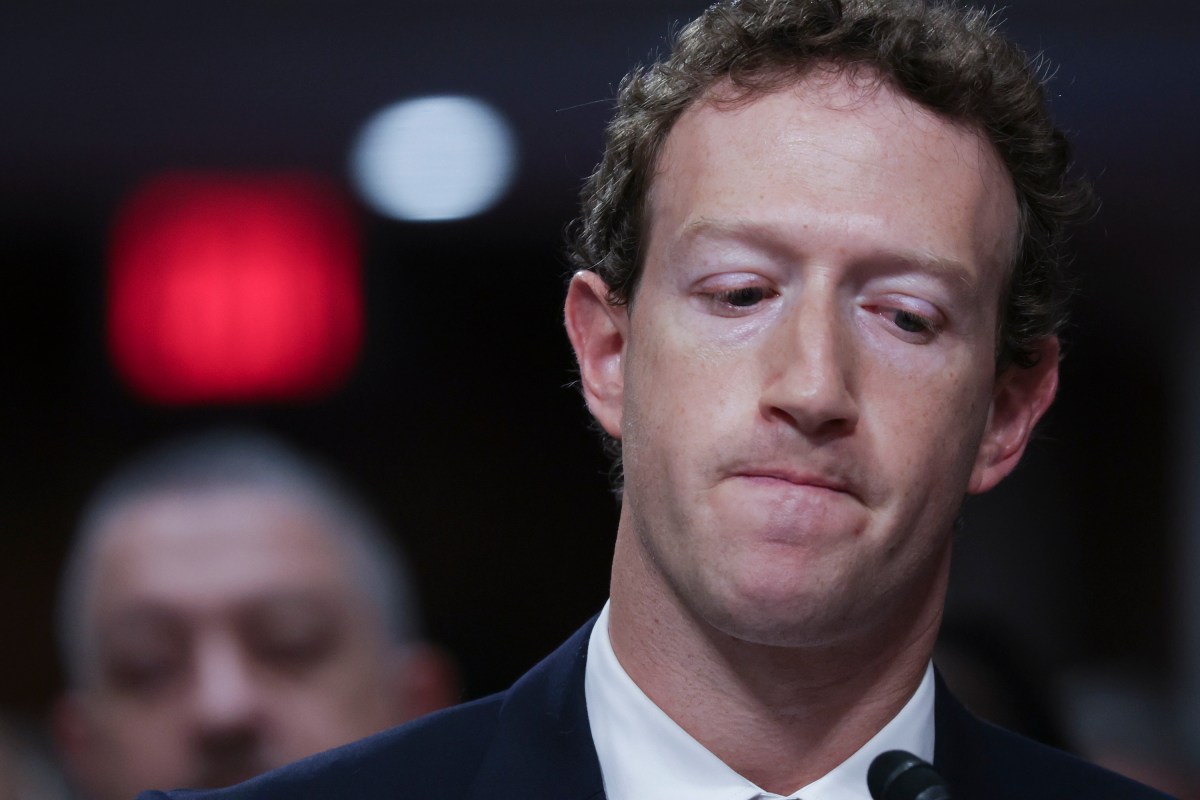In an internal email uncovered during the Meta antitrust trial, Meta CEO Mark Zuckerberg expressed concerns about the possibility that the company’s acquisition of Instagram could potentially undermine Facebook. Zuckerberg warned other Meta executives in a confidential message that such a scenario could lead to the “network collapse of the more engaging and profitable product.”
Zuckerberg outlined several strategies to prevent this cannibalization, including creating more connections between Meta’s apps to operate as a unified network. He suggested this move, noting Instagram’s role in Facebook’s declining cultural relevance. Additionally, he speculated whether spinning out Instagram as a separate business might better serve Facebook.
In the U.S. Federal Trade Commission’s (FTC) trial against Meta, the agency aims to demonstrate that the company is operating a social networking monopoly, arguing that its acquisitions, such as Instagram and WhatsApp, have helped maintain its market dominance. As evidence, the prosecution has brought forth emails and messages suggesting Zuckerberg was aware of the threat Instagram posed to Facebook, even after it was integrated into Meta’s suite of apps.
In a May 2018 email, Zuckerberg expressed his concerns to fellow Facebook executives — including Meta Chief Product Officer Chris Cox, former COO Sheryl Sandberg, former CTO Mike Schroepfer, Chief Growth Officer (now COO) Javier Olivan, and former CFO David Wehner. Zuckerberg feared that the company’s management approach to its suite of apps was flawed.
Zuckerberg was particularly worried about Instagram’s potential to harm Facebook’s growth, citing internal data showing that user engagement on Facebook “declines significantly” when they join Instagram. He noted that data indicated this trend could worsen as more people signed up for Instagram, describing the issue as “cannibalization and network collapse.”
The email revealed Zuckerberg’s belief that Instagram’s expansion posed a greater threat to Facebook, concluding that the company might be erring in its growth projections for both platforms. He stated that promoting Instagram to match Facebook’s size could negatively impact Facebook more than anticipated. Zuckerberg also noted that Instagram’s growth was largely fueled by the Facebook app and the use of Facebook’s friend graph.
As a result, Zuckerberg directed Facebook to scale back its promotions to Instagram and suggested Instagram develop new integrations to favor Facebook. He envisioned the apps functioning increasingly as one network, facilitating video creators’ cross-platform engagement and unifying voice and video calling networks between WhatsApp, Messenger, and Instagram. Cross-platform messaging was eventually introduced by Meta in 2020, though it was later retracted.
Additionally, Zuckerberg acknowledged the challenges posed by “founder leadership” at Instagram and WhatsApp in developing new products and services. He expressed worry that open discussions about Instagram’s drawbacks might demoralize the team and risk the departure of Instagram’s co-founders Kevin Systrom and Mike Krieger. He also advocated rebranding to emphasize Facebook’s prominence, suggesting app interfaces should include “Instagram by Facebook” and “WhatsApp by Facebook” to reinforce their connection.
In 2021, Facebook rebranded as Meta, with its logo now appearing across all company apps. Should the FTC prevail in court, Meta might be required to spin out Instagram and WhatsApp as separate entities, a strategy Zuckerberg himself had considered in 2018 to safeguard Facebook’s growth and refocus Meta’s efforts. Notably, Instagram’s founders left the company in September 2018.
Ultimately, Meta chose not to spin out its acquisitions. However, Zuckerberg had foreseen a “non-trivial chance” of being forced to separate Instagram and WhatsApp in the following 5 to 10 years, potentially invalidating the company’s efforts to build a cohesive family of apps.
Meta minimized the importance of the emails in a statement to TechCrunch, arguing that these “out-of-context and years-old documents” related to acquisitions previously reviewed by the FTC would not overshadow the competitive landscape or strengthen the FTC’s weak case.
